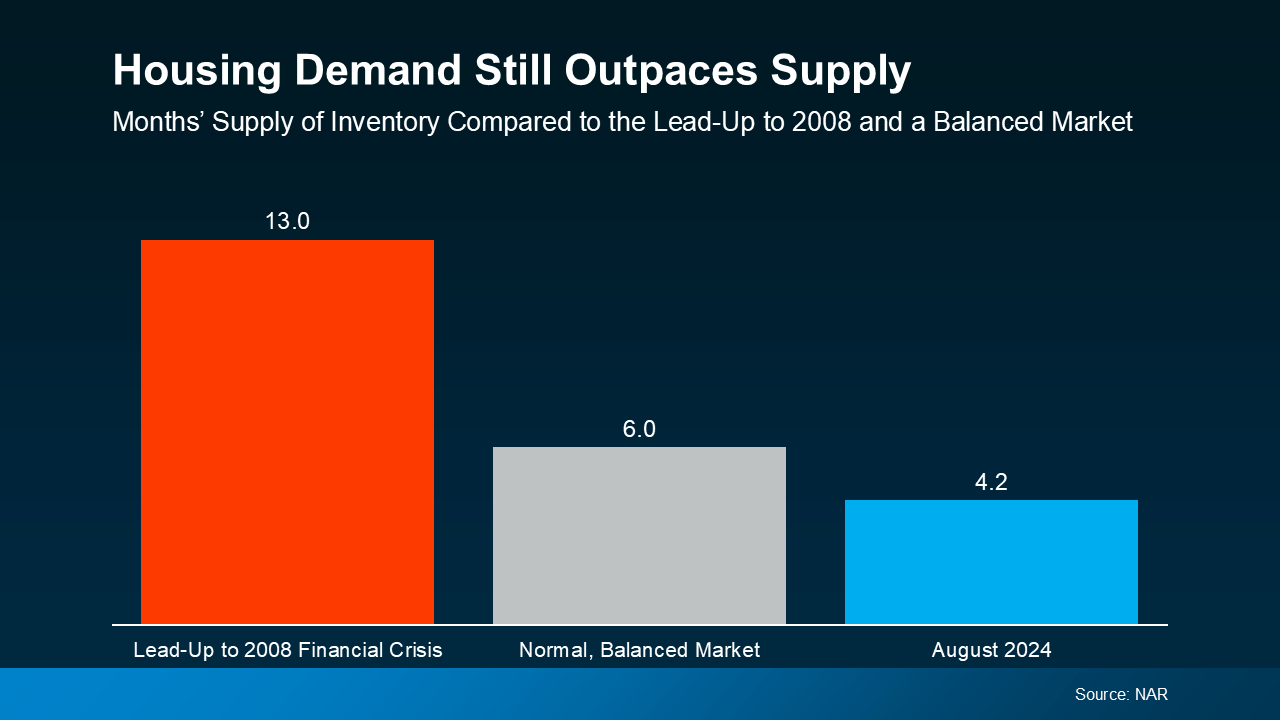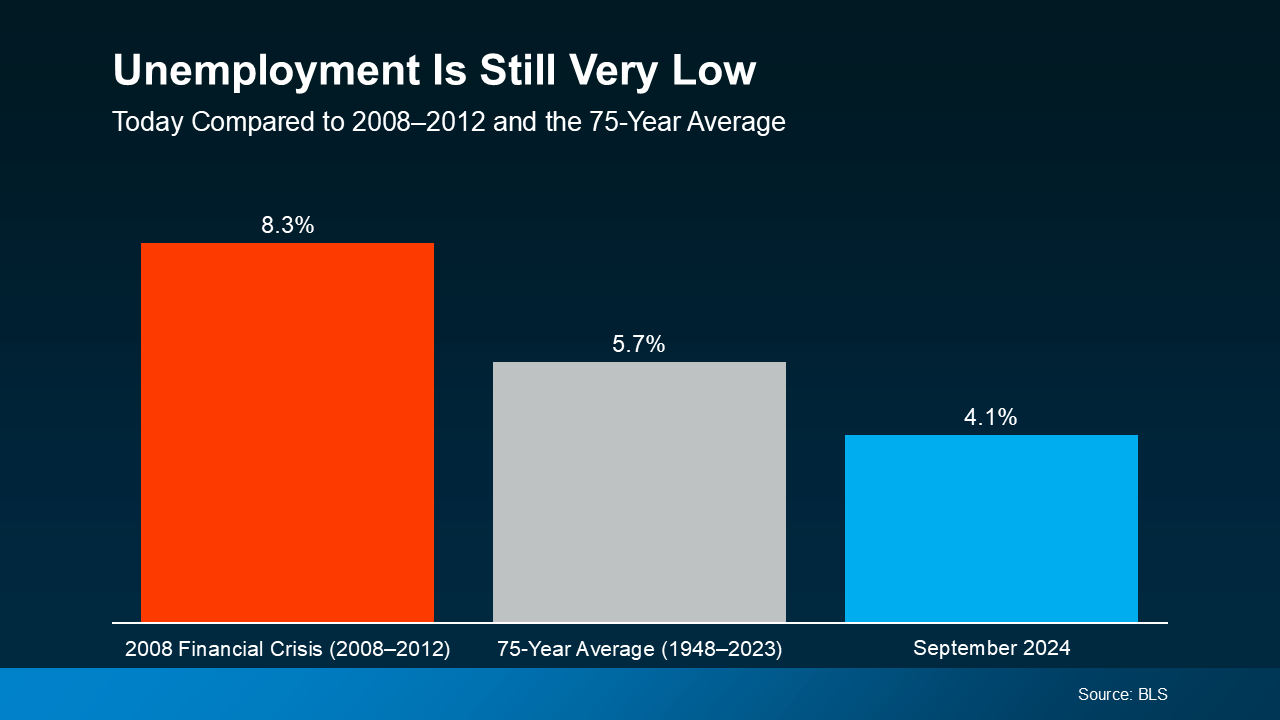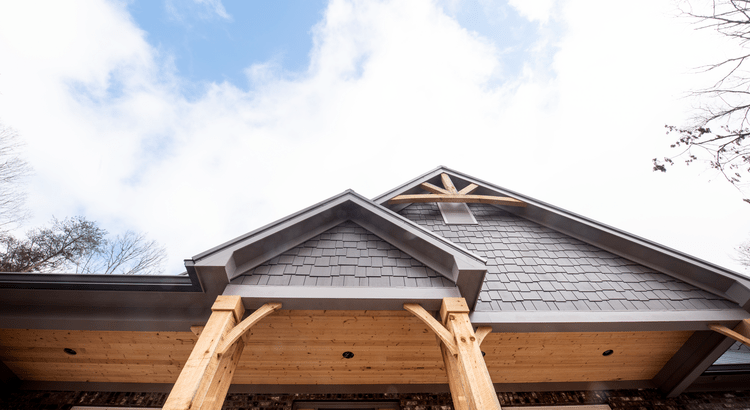Two Key Reasons the Housing Market Won’t Crash Anytime Soon

Are you feeling anxious about the state of the economy and the looming talk of a recession? It’s completely normal to worry, especially with whispers of a housing market crash in the air. But here’s some good news: there’s no need to panic! The housing market isn’t on the brink of a crash right now. Let’s break down why that’s the case.
Understanding the Housing Market Dynamics
Real estate expert Michele Lerner provides a simple definition of a housing market crash:
“A housing market crash happens when home values plummet due to a lack of demand for homes or an oversupply.”
With that in mind, let’s explore two compelling reasons why a crash isn’t on the horizon.
1. Demand for Homes Outstrips Supply
One of the primary culprits behind the 2008 housing market crash was an oversupply of homes. Fast forward to today, and the scenario is drastically different.

The Balance of Supply and Demand
In a healthy housing market, a six-month supply of homes indicates a balanced scenario. If there’s more than six months of supply, it often means supply outpaces demand. Conversely, less than six months suggests that demand is higher than supply.
Recent data from the National Association of Realtors (NAR) shows that we currently have only 4.2 months of housing supply available. To put this into perspective:
- Before the 2008 crash, there was a staggering 13 months of supply.
- A balanced market is depicted with 6 months of supply.
This means there are significantly more buyers eager to purchase homes than there are homes available. When demand outstrips supply, prices tend to remain stable or even rise, making a crash unlikely.
Regional Variations Matter
Of course, it's essential to note that inventory levels can vary by market. Some regions may have a more balanced supply, while others might experience slight oversupply, impacting local prices. Nonetheless, the overarching trend remains: most markets are experiencing a housing shortage.
Lawrence Yun, Chief Economist at NAR, sums it up nicely:
“We simply don’t have enough inventory. Will some markets see a price decline? Yes. [But] with the supply not being there, the repeat of a 30 percent price decline is highly, highly unlikely.”
2. Low Unemployment Rates Stabilize the Market
Unemployment plays a critical role in the health of the housing market. During times of high unemployment, homeowners struggle to make mortgage payments, leading to foreclosures and a downward spiral in home values. This was a significant factor during the 2008 financial crisis.

Current Employment Landscape
Today’s job market paints a different picture. The unemployment rate is significantly lower—around 4.1% compared to 8.3% during the 2008 crisis.
Here’s a quick comparison:
- 2008 Crisis: High unemployment at 8.3%
- 75-Year Average: About 5.7%
- Today: A much healthier 4.1%
With more people employed and earning stable incomes, they can keep up with their mortgage payments. This stability is crucial in preventing a wave of foreclosures akin to what we saw in 2008. Plus, many employed individuals are now in a position to buy homes, which adds upward pressure on prices.
The Strength of Today’s Housing Market
While it’s understandable to feel concerned amid economic uncertainty, remember this: the housing market today is in a much stronger position than it was back in 2008. As Rick Sharga, Founder and CEO at CJ Patrick Company, puts it:
“Literally everything is different about today’s housing market dynamics than the conditions that led to the housing crisis.”
With demand still outpacing supply and unemployment rates remaining low, these two factors significantly contribute to the resilience of the current housing market.
Stay Informed and Prepared
So, what does this mean for you? While the national trends are reassuring, it’s crucial to keep in mind that real estate is local. Market conditions can vary significantly from one area to another, so it’s always a good idea to stay informed about your specific market.
If you have questions or want to discuss how these factors are affecting the housing landscape in your area, feel free to reach out. Knowledge is power, and understanding the dynamics at play will help you navigate your real estate journey confidently.
Conclusion
In summary, while concerns about the economy and potential recessions are valid, there’s no imminent crash in the housing market. The current demand for homes exceeds supply, and low unemployment rates provide a stable foundation for homeownership. Stay informed and connected, and you can make well-informed decisions in today’s market.
Recent Posts










GET MORE INFORMATION
